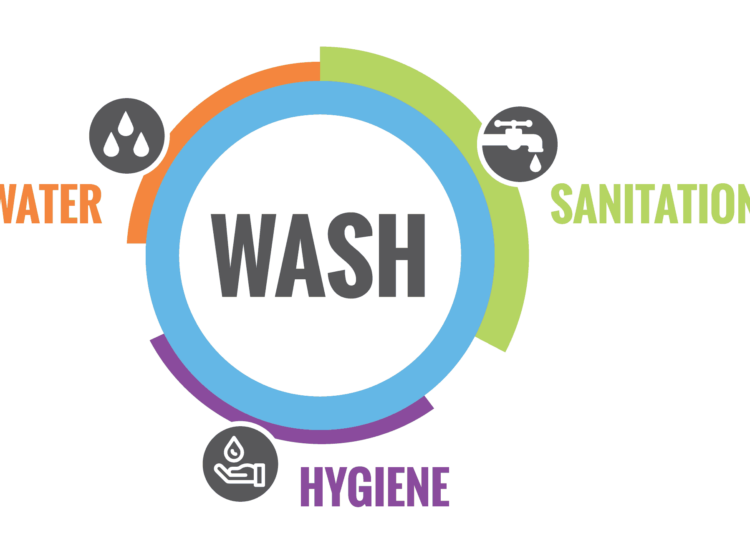Borno State government, WASH Sector and Unique Care and Support Foundation (CASFOD), have warned that unhygienic periods could lead to cervical cancer and reproductive tract infections (RTIs) in girls and women.
In a joint awareness campaign organised by CASFOD to commemorate the 2024 Menstrual Hygiene Day held at Government Women’s Day Secondary School in Maiduguri on Friday, Borno State commissioner for Women Affairs and Social Development, Zuwaira Gambo, said that proper menstrual hygiene is crucial to preventing several health issues.
According to her, a staggering number of women worldwide are putting their health at risk due to unhygienic menstrual practices, leading to a heightened risk of cervical cancer, reproductive tract infections (RTIs), yeast infections and pelvic inflammatory disease.
“These conditions can result in chronic pain, infertility and even death if left untreated,” she said.
She explained that using sanitary pads or tampons, changing them regularly, and washing hands before and after handling menstrual products could significantly reduce the risk of infections.
She stressed that the risk factors are multifaceted, with poverty, lack of access to sanitary products and cultural taboos surrounding menstruation contributing to the problem.
Gambo added that some women were still in the habit of using unhygienic materials such as clothes, leaves or even ash to manage their periods thereby increasing their risk of infection.
The commissioner called on stakeholders for increased investment in menstrual health education and access to sanitary products, particularly in low-income communities and states like Borno.
“We need to break the silence and stigma surrounding menstruation and prioritise women’s health. As the world marks International Women’s Day, the spotlight is on the critical issue of menstrual health. By prioritising menstrual hygiene and addressing the systemic barriers that prevent women from managing their periods safely, we can work towards a future where no woman dies from a preventable condition,” she said.
She also urged communities to support menstrual hygiene initiatives and promote confidence and dignity for girls and women.
The event brought together representatives from the Ministries of Education and Health, local and international NGOs as well as secondary school principals and students within Borno State.











